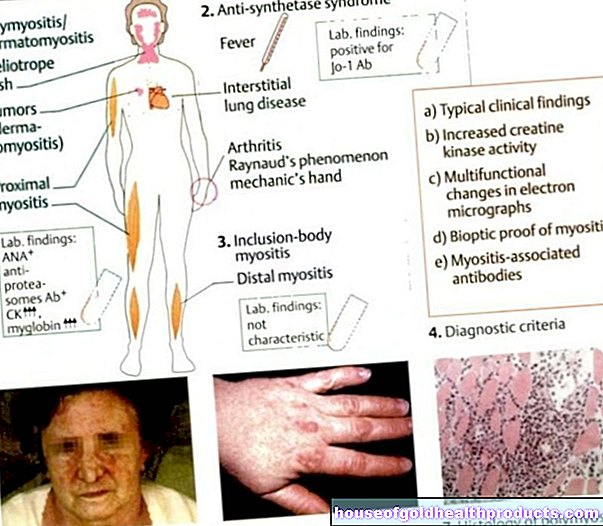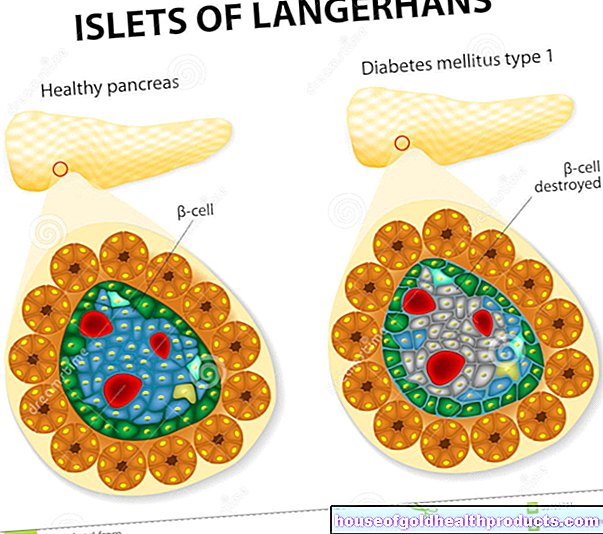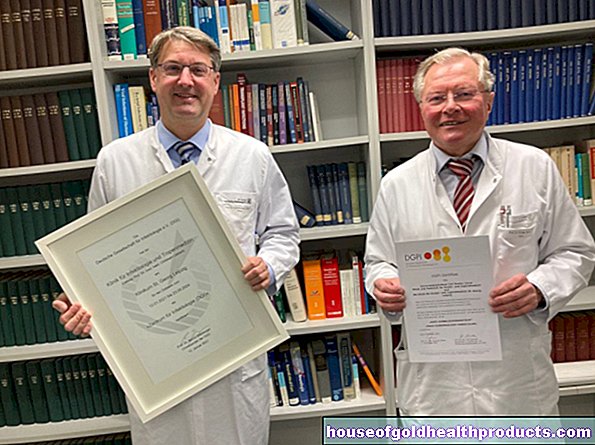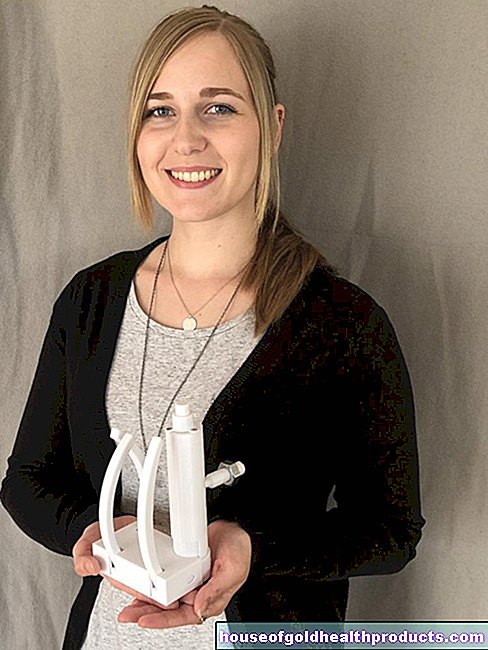Colonoscopy lowers colon cancer count
Larissa Melville completed her traineeship in the editorial team of . After studying biology at Ludwig Maximilians University and the Technical University of Munich, she first got to know digital media online at Focus and then decided to learn medical journalism from scratch.
More about the experts All content is checked by medical journalists.MunichMany people are reluctant to have a colonoscopy. But new numbers prove that it is worth overcoming yourself.
Colonoscopy has been part of the statutory cancer screening program since 2002. Scientists from the German Cancer Research Center (DKFZ) in Heidelberg in collaboration with the Central Institute for Statutory Health Insurance (Zi) have now examined the extent to which preventive care really reduces the number of new bowel cancer cases each year.
16,000 fewer new cases of colon cancer
Colon cancer is diagnosed in around 63,000 Germans every year. The result of the investigation is that the preventive care prevents around 16,000 new cases a year. That would be a long-term reduction of 25 percent.
People between 75 and 84 benefit particularly strongly. In this age group, the decline in new cases alone is more than 7,000. "If you take into account the expected advancing life expectancy, the numbers could be even higher," says Dr. Lutz Altenhofen (Zi), co-author of the study.
Mathematical model recognizes effectiveness
The calculation of the diseases prevented is based on a mathematical model developed by Prof. Hermann Brenner from the DKFZ. In addition to the actual findings and the death rate in the German population, this also takes into account the frequency and time span with which the various pre-stages of colon cancer develop into malignant cancer. “This enables us to quantify for the first time which effects of the screening colonoscopy can be expected at which point in time,” explains Brenner.
With the help of the model, the researchers calculated the amount of colon cancer prevented by 2045. The analysis included findings from more than 4.4 million patients from 2003 to 2012.
Trust in the preventive medical check-up
Brenner and his colleagues hope that their study results will increase the confidence of the population and also of health policymakers in the screening. Because even 13 years after the introduction of the statutory screening, only a minority of the population - especially the male - take advantage of the offer. The team would also like to have a free early diagnosis check-up for younger patients, so far this has only been standard for those aged 55 and over. This is the only way to minimize the number of colon cancer cases in this age group.
Overall, however, the researchers are confident: "In combination with other early detection methods and advances in colorectal cancer therapy, the incidence and deaths from this type of cancer could be further reduced significantly in the next few decades," says Lutz Altenhofen.
Malignant tumor in the intestine
Colon cancer is one of the most common types of cancer. In most cases, it arises from intestinal polyps, which over time develop into a malignant tumor. The main risk factors include a meat-rich diet, smoking and hereditary factors.
As part of a preventive colonoscopy, the doctor can identify and remove possible cancerous polyps as well as tumors in the early stages. This minimizes the risk of developing colon cancer.
Sources:
Press release of the Central Institute for Statutory Health Insurance in Germany from April 23, 2015
Brenner Hermann et al .: Expected long-term impact of the German screening colonoscopy program on colorectal cancer prevention: Analyzes based on 4,407,971 screening colonoscopies. European Journal of Cancer. DOI: http://dx.doi.org/10.1016/j.ejca.2015.03.020
Tags: skin sports fitness drugs









.jpg)



















